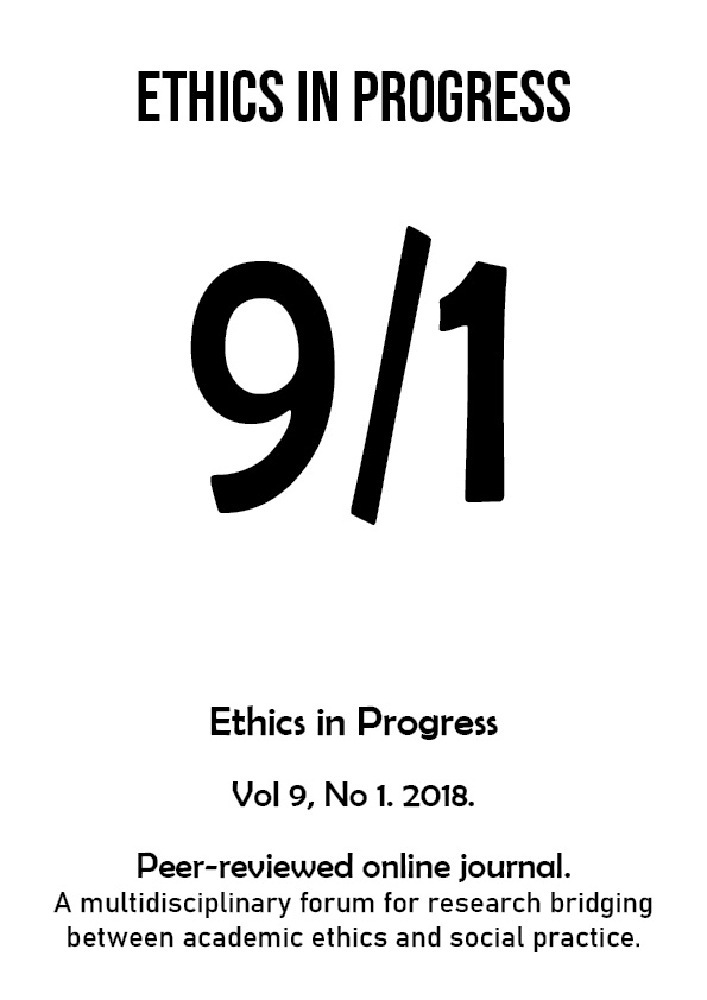Abstract
Based on the Social Cognitive Domain Theory, the paper explored the adolescents’ conceptions of teacher authority in different domains and their relations to rule violations in school. The main results are: 1) Adolescents viewed moral, conventional, and prudential issues as legitimately subject to teachers’ authority and personal issues as under personal jurisdiction, but they were equivocal about contextually conventional issues. 2) Seventh graders judged all acts as more legitimately subject to teachers’ authority, all rule violations as more negative than did older students. 3) Compared with adolescents from big cities, adolescents from rural area viewed moral, conventional, contextually conventional, and personal issues as more legitimately subject to teacher authority, and endorsed less personal jurisdiction over those issues; but there were no significant differences in moral domain. 4) Male subjects reported more violations in conventional and prudential domain. 5)Adolescents’ older age, less endorsement of legitimacy of teacher authority, and greater dislike for school predicted more teacher- and self-reported misconducts. Implications for moral education from these results were also discussed.
Funding
This article is granted by School of English and Education
Guangdong University of Foreign Studies.
References
Smetana J. G. & Asquith P. 1994. “Adolescents’ and Parents’ Conceptions of Parental Authority and Personal Autonomy.” Child Development 65(4):1147-62.
Smetana J. G. & Bitz B. 1996. „Adolescents’ Conceptions of Teachers’ Authority and Their Relations to Rule Violations in School.” Child Development 67(3):1153-72. 116
Smetana J. G. 1998. „Concept of Self and Social Convention: Adolescents’ and Parents’ Reasoning about Hypothetical and Actual Conflicts,” in M. Gunnar & W. A. Collins” (Eds.), Minnesota Symposium on Child Psychology 21:79-122.
Tisak M. S. & Turiel E. 1984. “Children’s Conceptions of Moral and Prudential Rules.” Child Development 55(3):1030-9.
Turiel E. 1983. The Development of Social Knowledge: Morality and Convention. Melbourne: Cambridge University Press.
Watson M. 2008. “Developmental Discipline and Moral Rducation,” in L. P. Nucci & D. Narvaez (Eds.), Handbook of Moral and Character Education. New York: Routledge (175-203).
Yu Zh. 2005. „Teacher Authority in the Eyes of Rights and Power.” Journal of Jiangsu University (Higher Education Study Edition) 2:57-60.
Zhang L. & Li R. 2003. “On the Modern Transition of Teachers’ Authority.” Educational Research 11:69-74.




